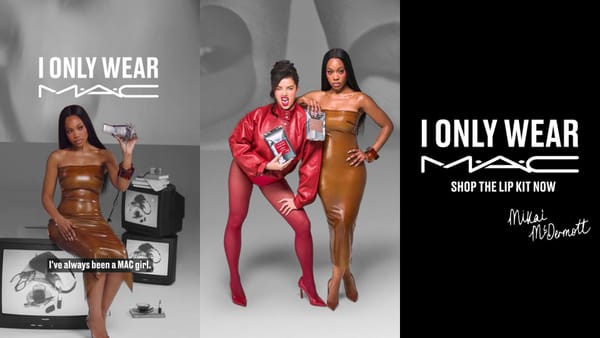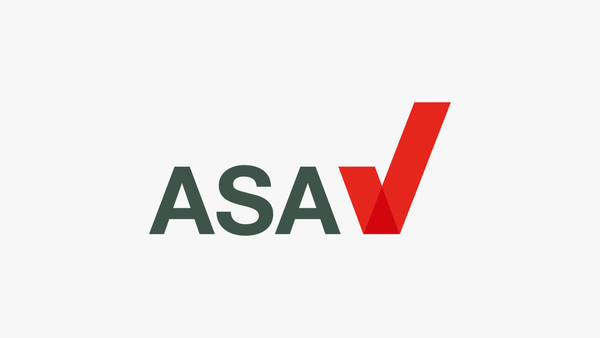47% of Consumers Are Fatigued by Repetitive Influencers

According to research by Bazaarvoice, nearly half of consumers (49%) want to see stricter rules for sponsored influencer content, while a further 47% are fed up with the repetitive influencer posts on platforms like Instagram. In addition, 23% said that they were concerned with the dipping quality of content, with the pressure on advertisers to create more influencer content. The research comes from Bazaarvoice, which commissioned Morar research to ask 4,000 consumers across the UK, France and Germany about their attitudes to influencers. Amongst concerns over lack of quality and repetitive posts, 62% of those surveyed feel that influencer content ‘takes advantage of impressionable audiences’ by posts being too materialistic (55%) and influencers misrepresenting real life (54%). Thoughts were worse in Germany, with 32% of respondents believing influencers don’t promote ethical behaviour. Although consumers are fatigued by repetitive posts, almost half (49%) of UK consumers expect new content on a daily basis from influencers, as more than half (52%) are engaging with more influencer content than they were a year ago. With the pressure on for advertisers to create more content while staying authentic and remaining high in quality, there have been calls to take action on fake followers.However, despite these concerns, a recent report found that 65% of multinational brands are planning to increase their spend on influencer marketing in the next 12 months, with Instagram being the main focus. “At the core, influencer marketing is really intended to be about word-of-mouth, a timeless tradition of sharing our latest discoveries and preferences. However, it is clear that the current use of Influencers can stray from that value of authenticity, as monetary rewards and consumer savviness bring the believability of Influencers into question,” said Joe Rohrlich, general manager of EMEA at Bazaarvoice. While the industry is on an accelerating curve towards maturity, effective regulation is dependent on clearly defined professions and best practices.







